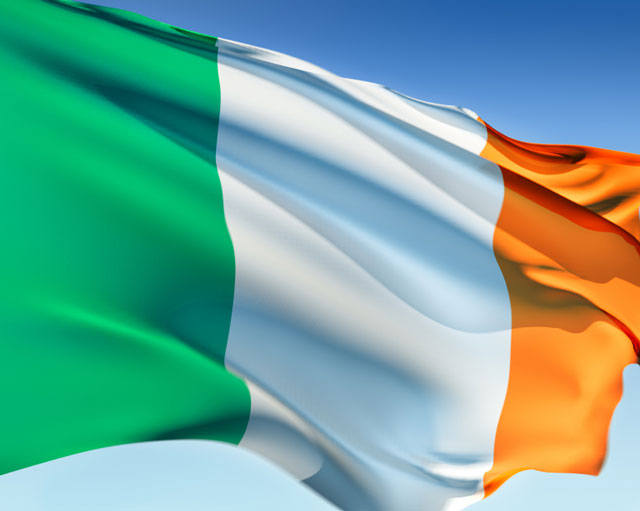Irish begin voting in European Parliament elections
 Dublin - Just over 3 million people in Ireland were called to the polls Friday to vote in the European Parliament elections.
Dublin - Just over 3 million people in Ireland were called to the polls Friday to vote in the European Parliament elections.
Ireland is divided into four constituencies with 44 candidates competing for 12 seats.
Polling began at 7 am (0600 GMT) and was to continue until 10 pm (2100 GMT).
Voting also commenced in the Czech Republic Friday. Turnout for the European elections expected to be higher in Ireland than in any other EU member state, according to the latest EU-wide opinion poll.
Two-thirds of Irish people say they will definitely vote compared to an EU average of 43 per cent, according to a TNS opinion poll published by the European Parliament on May 26.
The high level of interest in the election reflects soaring dissatisfaction with the government and the electorate's desire to give the ruling Fianna Fail party a kicking at the polls.
The European election is being dubbed a "verdict" on the party whose popularity has sunk to an historic low of 20 per cent.
The leader of Euro-sceptic party Libertas, Declan Ganley, who spearheaded the victorious no campaign against the European Union's Lisbon treaty in June 2008 is stuck at 9 per cent support, according to the latest poll commissioned by Irish daily newspaper The Irish Times.
He is not expected to win a seat in the north-west constituency. The wave of anti-Lisbon feeling which led to the defeat of the treaty in a referendum in June 2008 has abated in Ireland chiefly as a result of the recession.
With unemployment and the economy at the top of the electorate's concerns, there is a feeling that it would be safer to go along with whatever Europe suggests.
Ganley has said that he would not campaign against the Lisbon treaty a second time if he is not elected to the European parliament.
With a strong possibility of Fianna Fail failing to hold on to its European Parliament seat in the capital, Prime Minister Brian Cowen has said that he will continue for the next three years regardless of the outcome of the election.
For the first time in its history, the party faces the prospect of failing to return an Member of the European Parliament (MEP) in a European constituency as sitting MEP Eoin Ryan is struggling in the Dublin constituency where the Fianna Fail vote is being decimated.
Joe Higgins, of the Socialist party, an opponent of the Lisbon treaty, is a strong contender for the seat as is Mary Lou McDonald of the nationalist Sinn Fein party.
Sinn Fein was the only parliamentary party to campaign against the Lisbon treaty last June. However, the drift towards Sinn Fein and the Socialist party is seen as a reaction against government rather than an indication of anti-Lisbon sentiment.
In the other constituencies around the country, personality is seen as playing an important part with highly-popular sitting MEPs expected to be returned for both opposition Fine Gael and Fianna Fail.
In a last-ditch attempt to rally some support for his candidate in the Dublin constituency, The Prime Minister Brian Cowen has said the policies of Sinn Fein and the Socialist Party would "not bring one job or 1 euro of investment to Dublin and their election would send out the wrong message to foreign investors."
In the last press conference before the election Wednesday, Cowen said he was "strongly urging" Dubliners to elect "pro-European" and "pro-enterprise MEPs."
Counting will not begin until 9 pm (2000 GMT) on Sunday evening when polling across the EU has closed.(dpa)